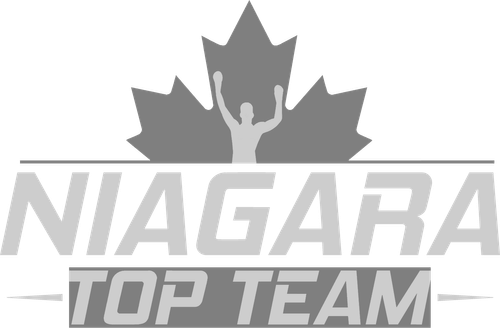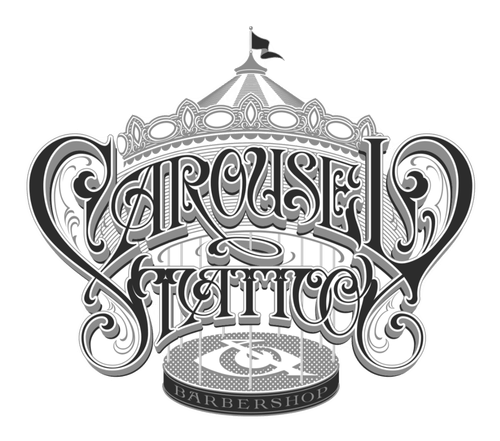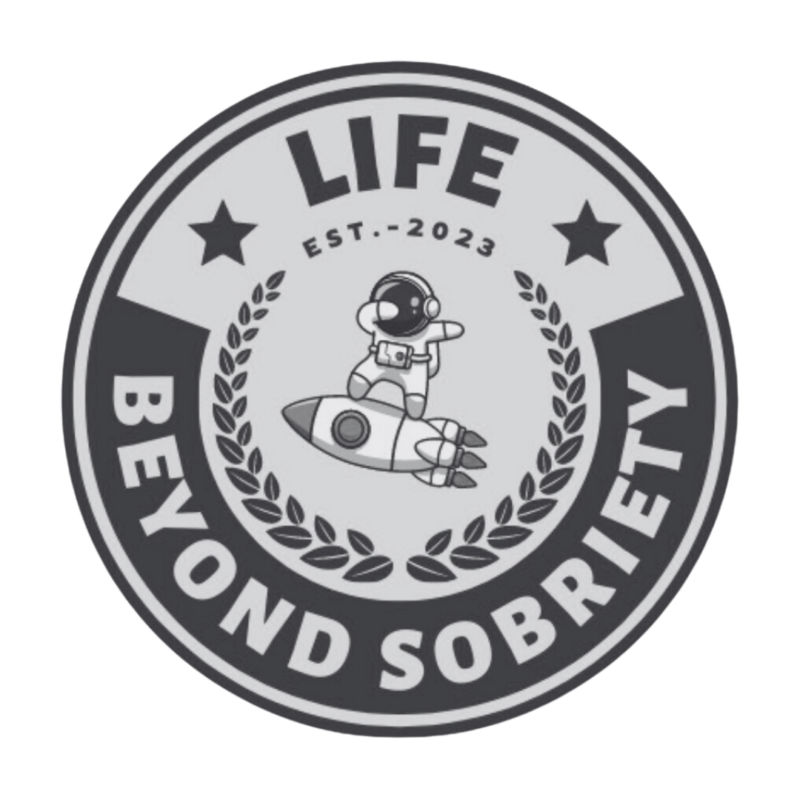The Uniqueness of Twelve Mile Recovery
At the heart of addiction recovery in Ontario lies a unique sanctuary–Twelve Mile Recovery. This center stands out due to its ownership and operation by individuals with profound personal recovery stories. Their lived experiences shape every aspect of the program, ensuring it’s practical, empathetic, and deeply connected with the realities of addiction.
Located in the serene landscapes of Niagara, Ontario, Twelve Mile Recovery offers an environment where the tranquility of nature complements the healing journey. The facility’s commitment to a holistic treatment approach addresses addiction’s physical, mental, emotional, and spiritual dimensions. This comprehensive care model is designed to provide clients with the tools they need to find balance and peace.
Clients at Twelve Mile Recovery find solace in the fact that they are understood at a fundamental level. The staff, having walked similar paths, bring invaluable empathy and insight to their work. This connection fosters a sense of community and support, crucial for individuals seeking lasting recovery from addiction.
The Role of Evidence-Based Therapies
Evidence-based therapies form the cornerstone of the inpatient addiction treatment Ontario residents can expect at Twelve Mile Recovery. The use of scientifically validated methods such as cognitive-behavioral therapy (CBT) ensures that clients are receiving the highest standard of care.
CBT is particularly effective in helping individuals recognize and alter destructive thought patterns that contribute to addiction. Through structured sessions, therapists guide clients in developing healthier coping mechanisms and resilience strategies. This therapy empowers individuals to confront their addiction with newfound strength.
Mindfulness practices are also integrated into the treatment plan, nurturing self-awareness and emotional balance. By cultivating presence and mindfulness, clients learn to navigate cravings and triggers with greater ease, thereby enhancing their recovery journey.
Holistic Approaches to Addiction Recovery
Holistic Integration
At Twelve Mile Recovery, the integration of holistic therapies complements traditional approaches, ensuring a well-rounded treatment experience. The center recognizes that addiction is not merely a physical ailment but a complex interplay of various factors affecting overall well-being.
This holistic approach includes martial arts as a therapeutic tool to promote discipline, resilience, and emotional regulation. Martial arts sessions are not only engaging but also empower clients by fostering physical fitness and mental clarity.
Addressing Spiritual Wounds
In addition to physical and mental health, spiritual healing is an integral part of the recovery process at Twelve Mile Recovery. The center offers tailored spiritual therapies that focus on reconnecting individuals with their inner selves, facilitating deep healing and transformation.
These spiritual therapies are designed to help clients identify and mend the spiritual wounds that accompany addiction. Through guided sessions and reflective practices, individuals cultivate a stronger sense of purpose and direction in their recovery journey.
Importance of Trauma-Informed Care
Trauma-informed care is a critical component of inpatient addiction treatment Ontario facilities like Twelve Mile Recovery prioritize. Understanding the pervasive impact of trauma on addiction, the center employs a sensitive approach that respects clients’ past experiences.
This approach acknowledges the profound influence of trauma on addiction patterns and aims to provide a safe, accommodating environment for healing. The dedicated team at Twelve Mile Recovery is trained to recognize and support clients with trauma histories, ensuring their treatment journey is both effective and compassionate.
By focusing on trauma-informed care, Twelve Mile Recovery helps clients dismantle the barriers that trauma imposes on recovery. This approach not only aids in healing but also empowers individuals to build healthier relationships and coping strategies.
The trauma-informed framework is interwoven with all aspects of the program, from therapy sessions to daily interactions. This attention to detail ensures that every client feels supported and understood in their recovery process, significantly enhancing the potential for long-term success.
Nurturing Physical and Emotional Well-being
Physical well-being is fundamental to the holistic care philosophy at Twelve Mile Recovery. The center incorporates wellness activities such as yoga, exercise, and outdoor adventures to promote physical health as part of the recovery process.
These activities are designed to rejuvenate the body and mind, offering clients a healthy outlet for stress and tension. Exercise is a powerful tool in recovery, aiding in the management of withdrawal symptoms, reducing anxiety, and improving mood.
Emotional well-being is equally prioritized, with a focus on developing emotional resilience and intelligence. Through group and individual therapy sessions, clients explore their emotions and learn to express them constructively. This emotional literacy is crucial for sustaining recovery and building fulfilling relationships.
Empowering Clients through Skill-Building
Twelve Mile Recovery empowers clients by providing skill-building workshops as part of its inpatient addiction treatment Ontario program. These workshops are tailored to equip clients with practical skills needed to navigate life’s challenges confidently.
From coping strategies to communication skills, clients learn essential tools that foster independence and self-sufficiency. These workshops are designed to be interactive and engaging, allowing clients to practice and refine their skills in a supportive environment.
- Stress management techniques
- Effective communication strategies
- Conflict resolution skills
- Financial management education
By incorporating these skill-building workshops into the treatment plan, Twelve Mile Recovery ensures that clients leave with the resources and confidence needed to thrive in their sober lives. This commitment to comprehensive care makes the center a leader in addiction treatment in Ontario.
Supportive Community and Peer Connections
Community and peer support are invaluable components of the recovery process at Twelve Mile Recovery. The center fosters a sense of belonging and camaraderie among clients, facilitating their journey towards sobriety.
Group therapy sessions provide opportunities for individuals to connect with peers who share similar experiences. This shared understanding fosters trust and encourages open communication, allowing clients to feel heard and validated in their struggles.
Beyond structured therapy, the center’s community promotes informal peer connections, creating a network of support that extends beyond the treatment duration. Clients often forge lasting friendships that become pillars of their recovery journey, reinforcing their commitment to a sober lifestyle.
Personalized Treatment Plans
Recognizing that no two individuals are the same, Twelve Mile Recovery offers personalized treatment plans tailored to each client’s unique needs. These plans are developed through thorough assessments and ongoing dialogue with clients, ensuring they align with personal recovery goals.
The customization extends to therapy modalities, with clients receiving a mix of individual, group, and family therapies as appropriate. This approach allows for flexibility and adaptability, accommodating changes in clients’ recovery journeys.
Clients benefit from the center’s commitment to individualized care, which maximizes the effectiveness of their treatment. By meeting clients where they are in their recovery, Twelve Mile Recovery ensures that every individual has the best chance of success.
Virtual Treatment Options
Twelve Mile Recovery understands the barriers that prevent some individuals from accessing inpatient care, offering virtual treatment options as a flexible alternative. These programs provide the same level of care and support as traditional inpatient services, delivered through secure telehealth platforms.
Virtual treatment ensures accessibility for individuals who may face geographical or scheduling challenges, allowing them to engage in recovery from the comfort of their own home. This option is invaluable for those whose circumstances require adaptable treatment solutions.
Clients participating in virtual programs benefit from interactive sessions, peer support, and continuous guidance from dedicated staff. This innovative approach ensures that recovery is within reach, regardless of logistical constraints.
Is rehab covered by OHIP in Ontario?
OHIP, or the Ontario Health Insurance Plan, typically covers some addiction treatment services, but these are often limited to basic assessments or consultations. Inpatient rehab programs like those offered at Twelve Mile Recovery usually fall under private treatment, which may require out-of-pocket payment or private insurance. However, investing in a comprehensive program like Twelve Mile Recovery can be invaluable, given its holistic and personalized approach to addiction treatment. If you’re concerned about costs, you might explore financing options or check with private insurers for coverage that aligns with your needs.
How long can you stay in inpatient rehab?
The length of stay in inpatient rehab varies depending on individual needs, treatment goals, and the program itself. At Twelve Mile Recovery, we offer flexible treatment durations to accommodate the unique journeys of our clients. Typically, programs can range from 28 days to several months. We believe in a tailored approach, considering factors like the severity of addiction and associated mental health issues, ensuring our clients receive the time and support needed for a successful recovery. It’s essential to work closely with your treatment team to determine the most beneficial length of stay for your personal circumstances.
What is the wait time for rehab in Ontario?
Wait times for rehab in Ontario can vary significantly depending on the type of facility and the urgency of the situation. Publicly funded programs often experience longer wait times due to high demand. On the other hand, private facilities like Twelve Mile Recovery typically offer more immediate admission options. We understand the urgency of seeking help and strive to minimize wait times to provide timely and effective support. If you’re exploring rehab options, it’s beneficial to contact facilities directly to inquire about their current wait times and admission procedures.
Who pays for inpatient rehab?
Payment for inpatient rehab often comes from a combination of personal funds, private insurance, or financial assistance programs. At Twelve Mile Recovery, we recognize that financial concerns can be a barrier to accessing treatment. Many clients utilize private insurance plans, which may cover a portion of the rehab costs. It’s important to review your insurance policy to understand your coverage options. Additionally, we can assist in exploring flexible payment plans or financing solutions to ease the financial commitment, ensuring that individuals can access the care they need.
How does Twelve Mile Recovery incorporate evidence-based and holistic approaches?
At Twelve Mile Recovery, we’ve crafted a unique treatment model that integrates both evidence-based and holistic approaches to address the multifaceted nature of addiction. For example, our use of cognitive-behavioral therapy (CBT) aids clients in identifying and altering harmful thought patterns, while our mindfulness practices promote emotional regulation and self-awareness. Additionally, we include holistic therapies like martial arts, which not only improve physical fitness but also bolster mental clarity and emotional resilience. By intertwining these diverse methodologies, we ensure that our clients have access to a comprehensive network of tools and strategies that support their entire person, fostering a deeper, lasting recovery.
Resources
- Substance Abuse and Mental Health Services Administration (SAMHSA) – SAMHSA is a government agency that leads public health efforts to advance the behavioral health of the nation. They provide resources for substance abuse and mental health treatment.
- National Institutes of Health (NIH) – NIH is the primary agency for conducting and supporting medical research. They offer valuable information on addiction treatment and evidence-based therapies.
- American Psychiatric Association (APA) – The APA is a professional organization of psychiatrists that offers resources on addiction treatment, including trauma-informed care and holistic approaches.
- National Institute on Drug Abuse (NIDA) – NIDA is a government research institute that focuses on the science of drug abuse and addiction. They provide research-based information on addiction treatment and recovery.












